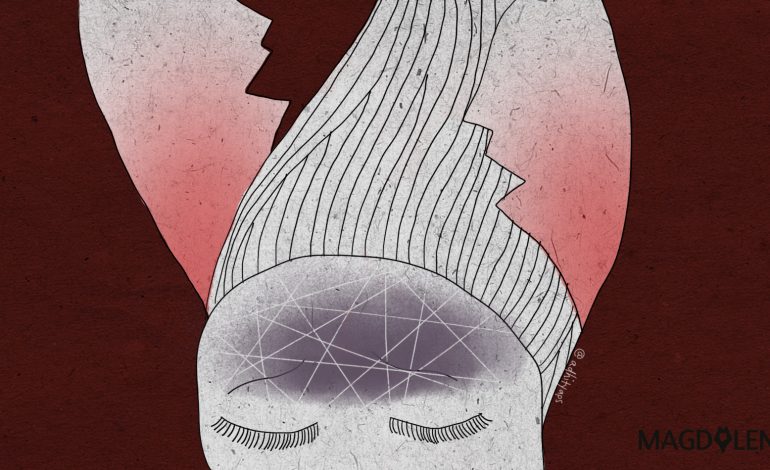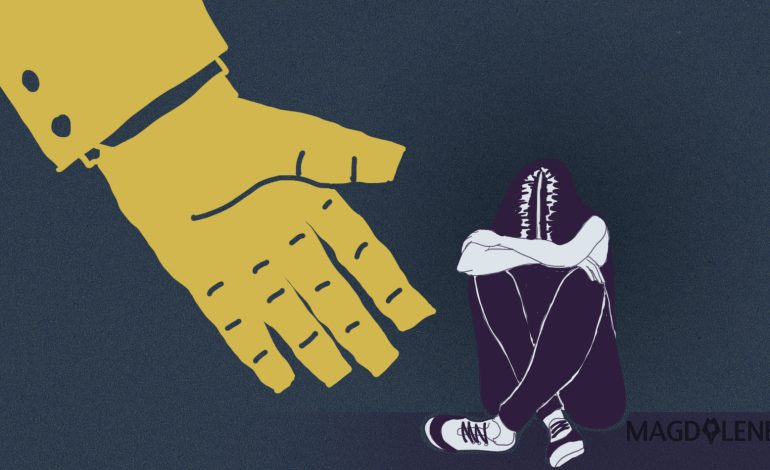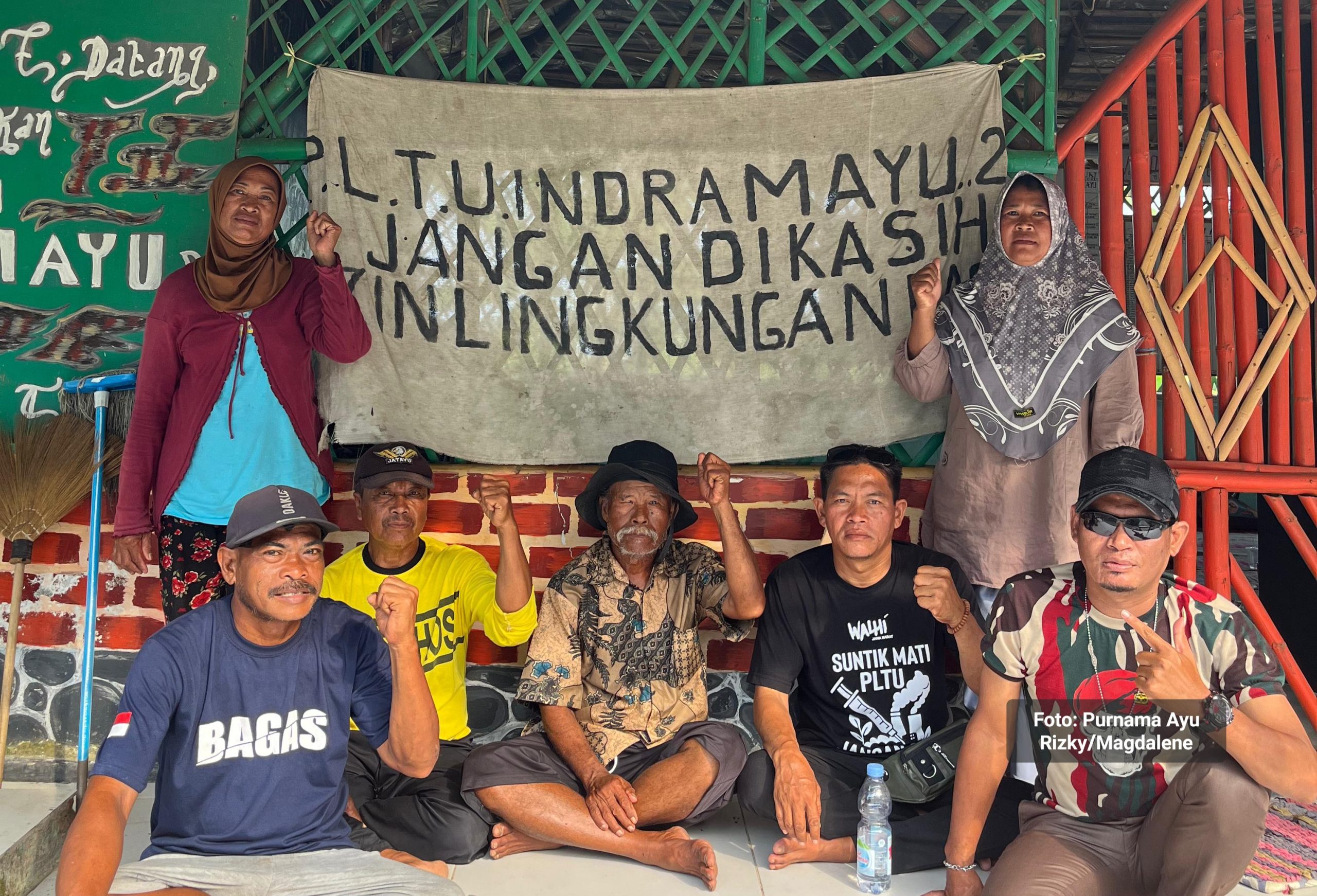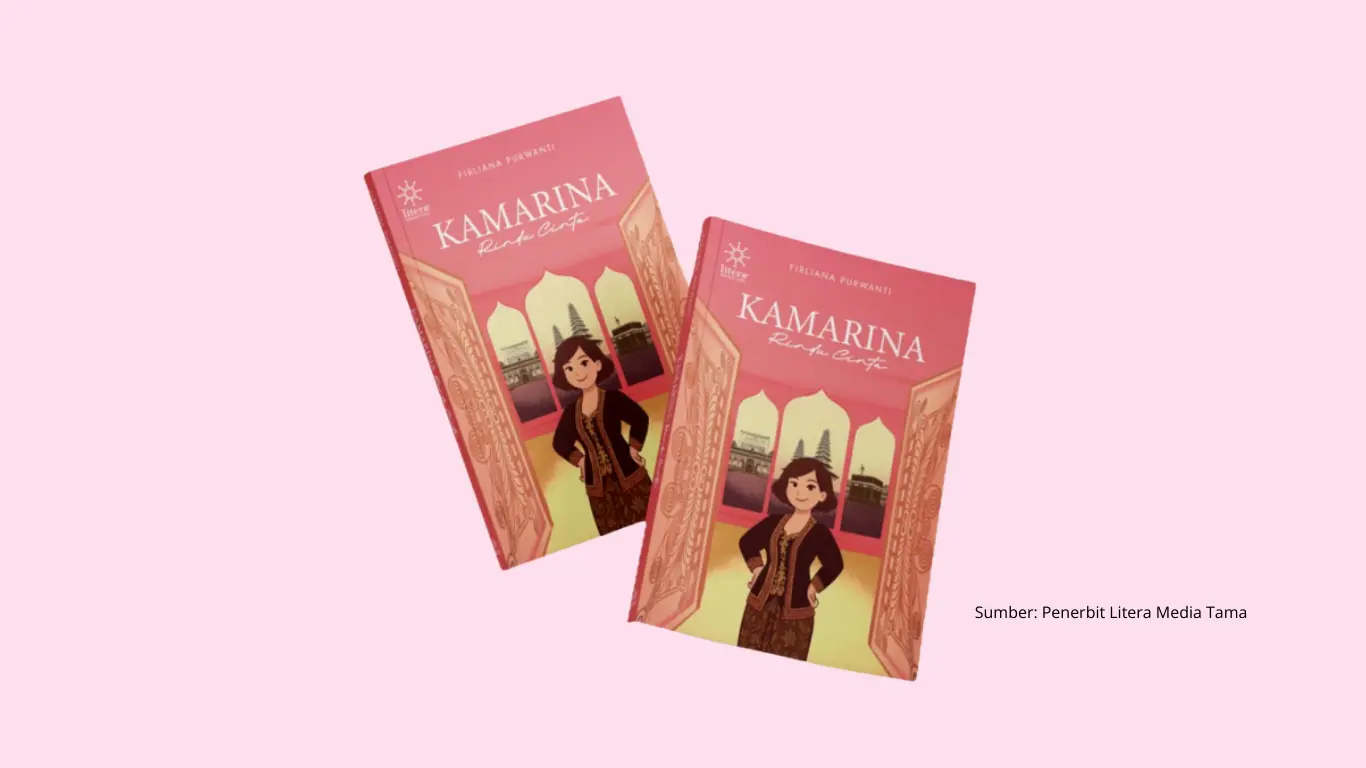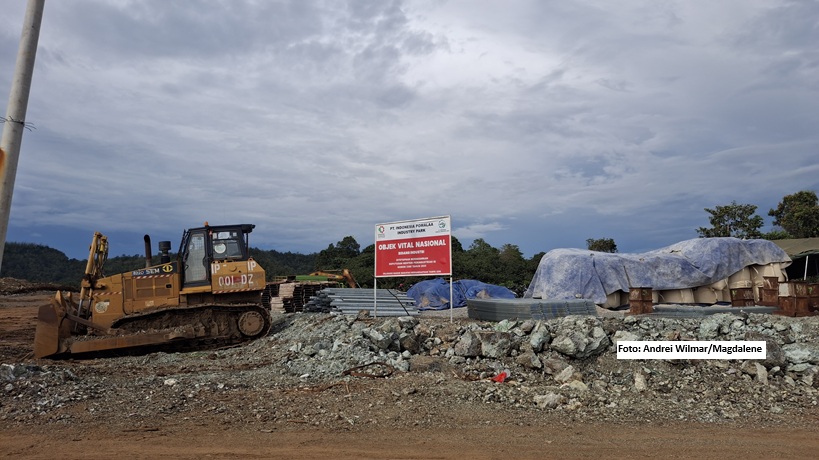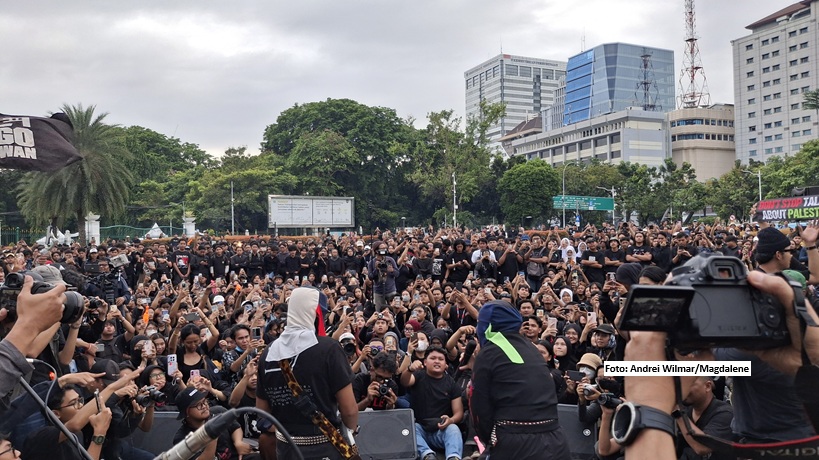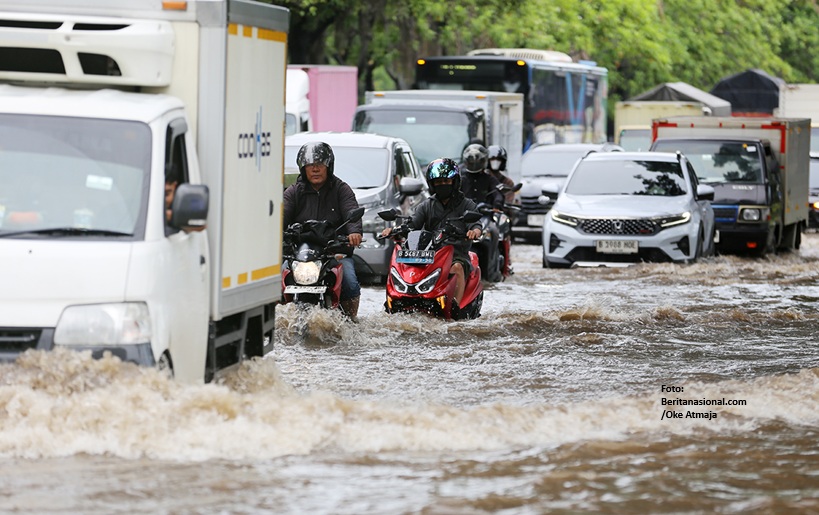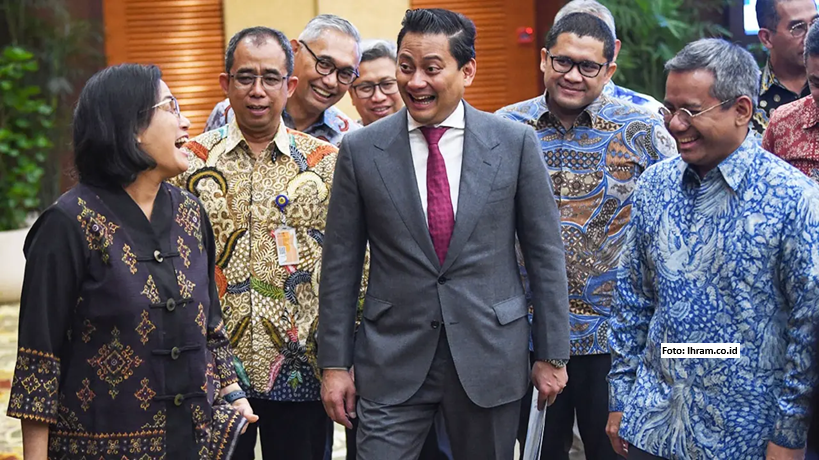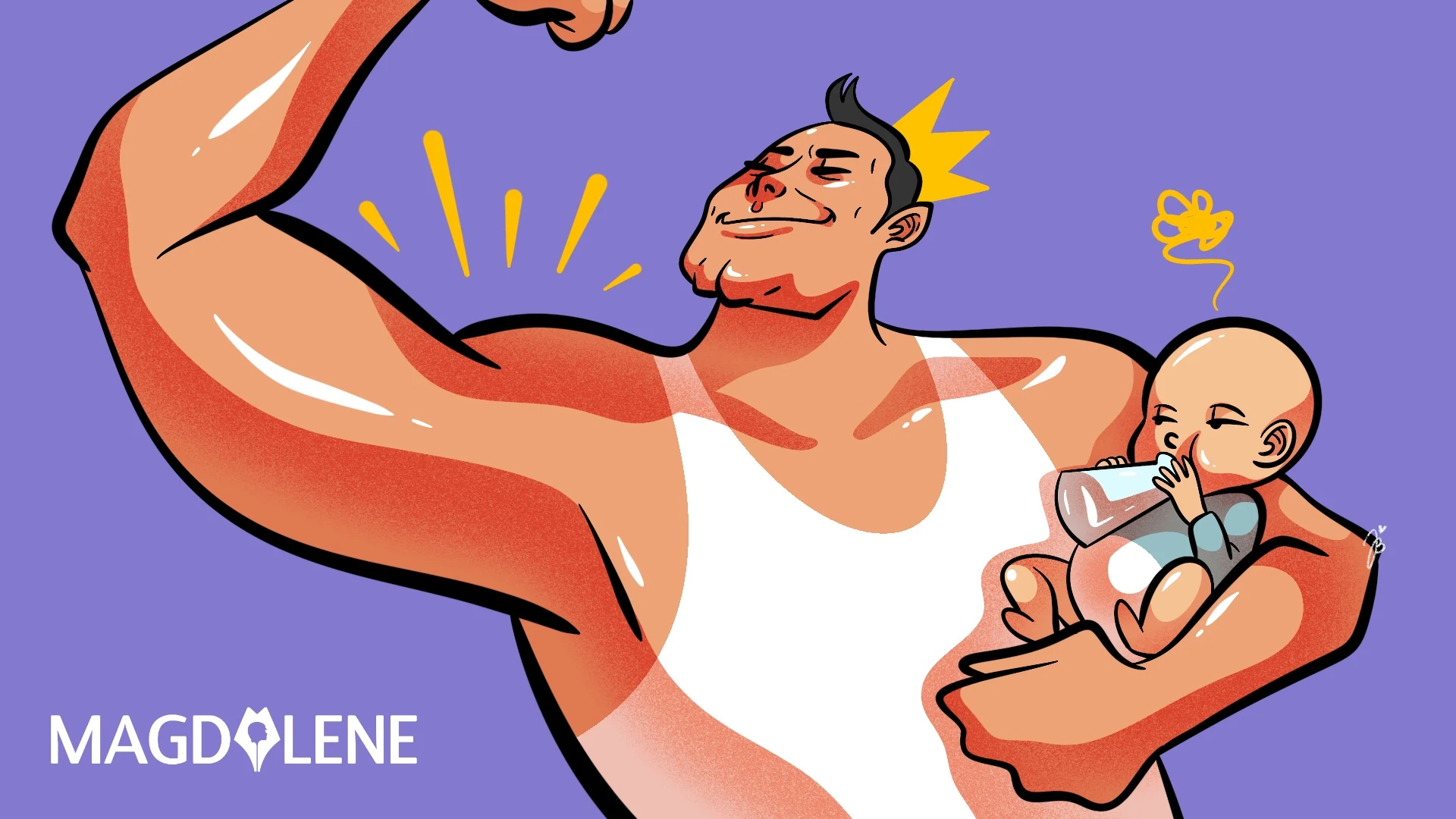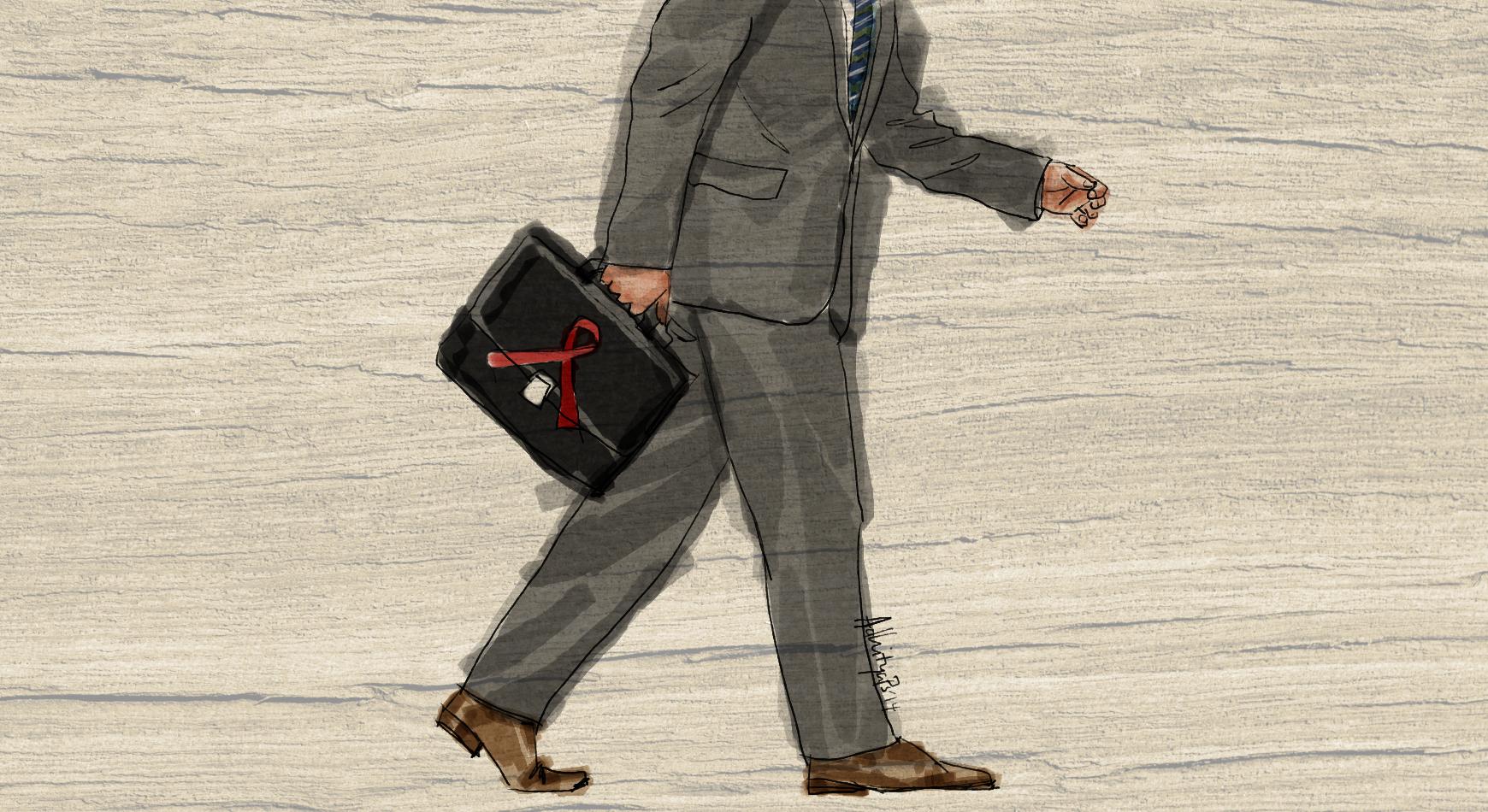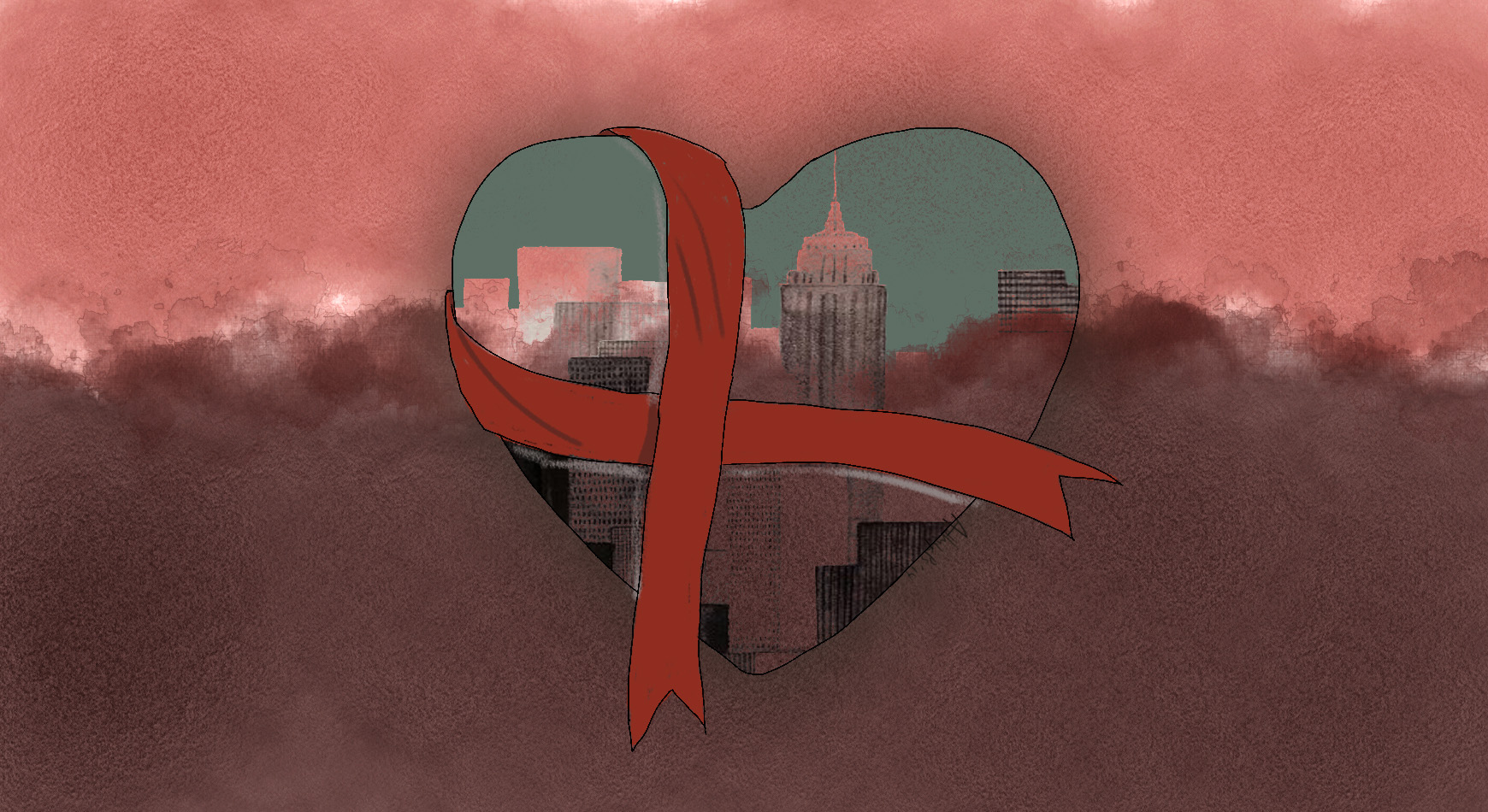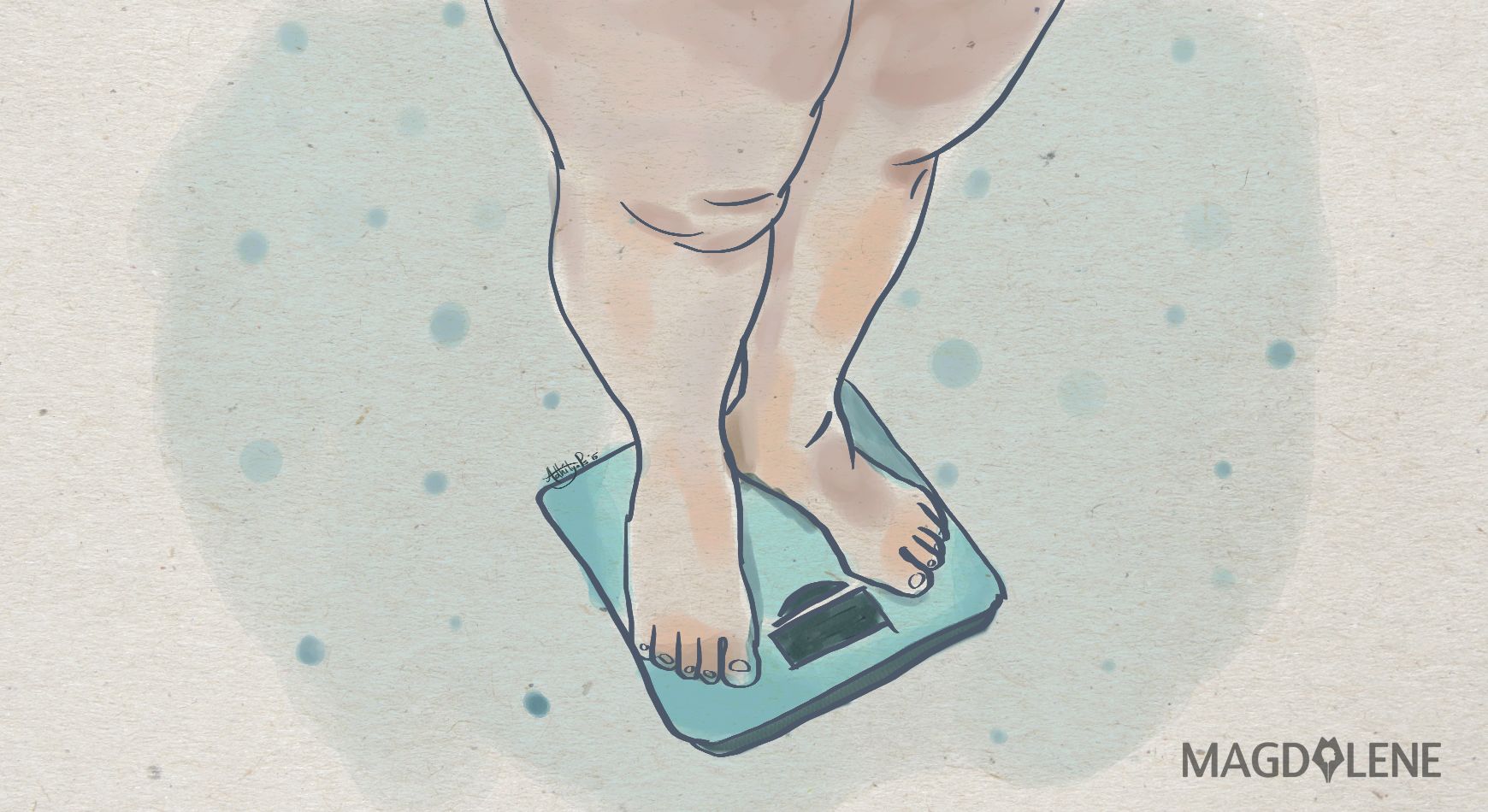No One Size Fits All: The Vulva Gallery
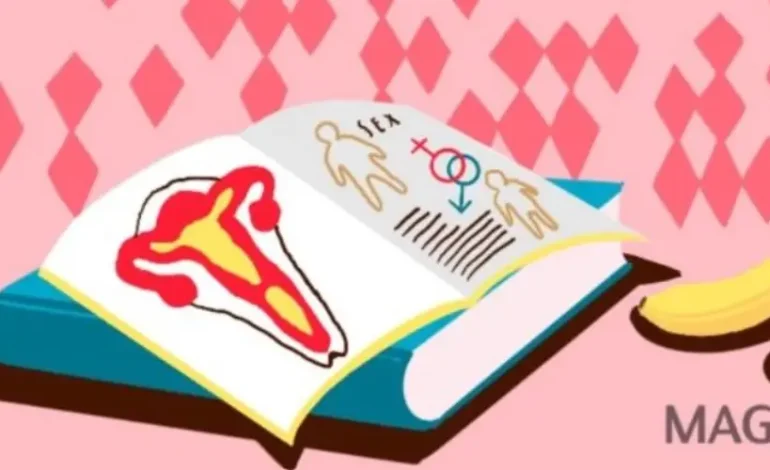
I found out about Hilde Atalanta’s The Vulva Gallery a few years back while looking for illustrations of genitalia online. Coming across The Vulva Project, I was immediately intrigued.
I got in touch with Atalanta, exchanged some emails and set up a meeting in Amsterdam where they (the pronoun Atalanta prefers) were based. We met at the end of 2019 at a bar in the city and started chatting like a couple of friends who had not met in a long time. We clicked right away, and so the questions started pouring out in a spontaneous manner.
Q: Hilde, I have to ask… you are an illustrator, a designer as well as a painter; what are the things you were drawn to, especially as a kid, when painting, what are the things you would think about drawing and what media did you use?
A: What did I use…? A lot of things… Ahahahah that’s a funny question, no one asked me that yet: mainly it was just people and houses, just fantasy stuff, but I only started as an illustrator three and half years ago, so I haven’t been drawing in a long time, but I used to draw mainly people, and faces.
Q: So would you say you are most interested in people, their behavior, their character and the like?
A: Yes, that right.
Q: More recently however you have dedicated yourself to depicting and making beautiful vulvas illustrations, how did the idea to start The Vulva Gallery come about?
A: I started The Vulva Project 3 years ago; at the time I was still studying psychology, before becoming an illustrator.

What struck me was a lecture I attended at the time when I learnt about the massive increase in labia plastic surgery, and found out that more and more young women even under the age of 18 are undergoing plastic surgery to alter the size of their labia because they think they’re not beautiful, and I never realized up to that moment, that this was such an issue. I was really shocked and started thinking “why is this happening, what is causing more and more women to do this.” I then found the most likely cause to be the mainstream porn industry and the beauty standards associated with it which we then think of as normal, or as the way we should all look, along with a lack of health education.
I then started looking for images of diverse vulvas and I just couldn’t find realistic pictures, other than those related to questions about how to fix that; It was then that I thought that I had to provide a source of images of vulvas to ensure there would be a visual representation of diversity for people from all around the world to see and learn about, and that’s when I decided to start posting an illustration every day, on The Vulva Gallery IG account.
Q: You then started making your own illustrations of vulvas, which obviously belong to real people…how did you get there, and how would you ask people to portray their vulvas, which is a very intimate part?
A: I actually never asked anyone; they asked me instead! In the beginning I first started drawing some simple illustrations. Essentially I drew them based on my knowledge of anatomy and then built on that knowledge.
Q: So in the beginning, you were drawing based on images that you had in mind and based on your previous knowledge?
A: That’s right. At first I drew based on what I knew, but after a few months I realized that what I knew was no longer enough, so I started looking for more images online and basing my own illustrations on those pictures. Then after around six months, the first person emailed asking me, “can you paint my vulva?” And then after about a year more and more emails started to come in, or DM’s with the same question: “Can I become part of the gallery?”
Q: So within the first year requests started coming in, from people to have their vulva represented as an illustration in The Vulva Gallery, how did that make you feel?
A: It made me laugh at first but also felt it was very courageous; Luckily I’m a person who doesn’t find anything weird, so I thought it was great!
Also read: OMGYes! Let’s Explore Women’s Sexual Pleasure!
Q: What about your own experience when you first took notice of your own vulva, how did you feel? Was it weird, unusual or uncomfortable in any way? And did you want to compare it to other vulvas?
A: That is a very personal question, which I can answer in private, but basically I can tell you that personally I never had a problem with myself; what really concerned me was all the people that were going along with the labia operation for no medical reason.
Q: Yes I absolutely respect that; the reason I was asking is really because I’m a curious person, but also based on my own personal experience: when I first noticed my own vulva, I went through so many things… at the time I was I growing up adult movies were quite common, and as I watched some and I realized, “Aaah.. my vulva is like this… with the labia minora quite pronounced.” But at the time I also thought that the labia would grow when you had sex. Up to then I still hadn’t had any sexual experience, and yet my labia were like this, like the ones in the movie. Obviously, I kept everything to myself because I couldn’t tell anybody about it. They always say it’s taboo, but our anatomy isn’t taboo. So, you see this is where I am coming from and that is the reason I asked about your own early experiences when coming to terms with your body.
A: It’s good you asked actually because this is something I hear a lot about: there’s a lot of 16 to 18 years old girls that are emailing me and asking: “I have a vulva with really long inner labia, and I heard this is because one has a lot of sex, but I never had sex before, and I don’t dare sleep with my boyfriend because I’m sure he’s going to judge me and he’s going to say: “You’re not a virgin”
Q: Yes, indeed one feels insecure about one’s own body.
A: Yes absolutely, and yet in reality it has nothing to do with that. And, still, no one is teaching and educating girls about getting comfortable with their intimate parts.
Q: Exactly! And I’m very proud to know you and be with you now. These coming questions are from Magdalene. So you created The Vulva Gallery on IG in 2016, how was the response so far?
A: The response has been overwhelmingly positive, actually, when I started, and because IG is an international American based platform, I was expecting people to respond in many different ways: in the beginning people would ask me, “Why are you doing this?” or say things like “this is kind of weird.” But once the project started to grow and people started to understand the reason why I was doing this, the responses have been very positive and very thankful and now I receive messages from women all around the world, on a daily basis, saying, “Thank you, thanks to this I finally realize I’m normal and I can finally accept myself.” That’s incredible!
Q: So what are the most exhilarating responses you got so far?
A: The best email was from a girl, or a young woman from the UK who wrote to me saying, “So I had a Labia Plastic Surgery appointment planned, and was really convinced I was ugly and then discovered The Vulva Gallery and found so many vulvas that looked like mine, and realizes I am normal, and canceled my surgery.” And she said, “Thank you! You saved me 3,000 pounds.” And then I thought, “My job is done!” It was so good… and after that there’s more and more emails like this – people canceling their surgery. Once I also got an email from a 55-year-old woman who until that point always thought she was ugly, until she realizes she is actually normal. So for 55 years she thought she had a weird vulva, until she managed to come to terms with it, partly also thanks to The Vulva Gallery.

Q: She felt insecure all this time
A: Yes, she never dared to have sex with the light on, never dare to receive oral sex. Being insecure, yes, but this body part, you can think of, “It’s just that, a vulva. It’s so vain”, but it’s not vanity and it affects so many aspects of your life.
Q: There’s so little information about it no one talks about it…
A: Your whole intimate life, having sex, being naked around people… even risky sexual behavior, it can generate such a low self-image. You just don’t care what happens with you. It’s so important people feel comfortable with this body part
Q: Have you faced any negative responses or hostility?
A: Yes of course, it’s an open account, there is a comment that I wouldn’t like to see on the platform, and usually the comments that are negative are – when I check out who is writing it, it’s like young teenage boys who probably have never seen a vulva before in their lives, and who have learned there is one type of vulva, and who don’t understand there’s a human being behind the portrait. And I always try to start a conversation with them and once they get the education about this (they say), “Oh I’m sorry, I didn’t know.” And really hostility, not so much; when that happens it is because I’m getting feedback from a person with a conservative background, and it comes from not knowing, and if you’re not used to talking about, it can seem provocative to see a vulva displayed like that, but once you understand it’s an educational project with the aim to raise awareness, to open up a conversation, usually the comments are more understanding.
Q: You must be a very patient person
A: I have to be patient
Q: Why is it important to emphasize and focus on the word vulva for you? I’m asking since when I was a kid still at elementary school I, too, did not know the difference between the vulva and the vagina. I think mainly because what I could see in the mirror was my vagina, and everybody refers to that 1 word: vagina, vagina, vagina until one day I got a book from my father about the human body and only then I realized that the vulva is like a house to the labia and to the clitoris for example, so why is it for you so important to focus on the vulva?
A: I just think it’s really important to name the body parts correctly: on the one hand simply because, for example, when you go to the doctor and say “my vagina is itchy,” they’re going to take a close look your vagina, when, in fact, you’re talking about the vulva, and that’s miscommunication. So, first of all, health-wise it’s important to know and name correctly your body parts. On the other hand, why wouldn’t we call it just what it is? There are so many parts, and it’s great to know our own anatomy, but I also think for many years, throughout history, women – or people with vaginas – have been sexually suppressed by the patriarchy and culturally, sexuality was and is still not encouraged in women, or people with vulvas. Most, if not all the time, the focus is on sex and specifically penetrative sex, so the vagina is the only thing that matters and everything around it, that too gives sexual pleasure, doesn’t matter: so it’s always and only about the vagina. So right now we need to stand up and acknowledge that there’s so much more than just the vagina: we shouldn’t reduce our genitalia to that, we should look at everything.
Also read: Women Suffer Myths of Hymen and Virginity Test
Q: Yes, not just focus on one thing, one part. I agree with you. Has the taboo of vulva or the genitalia been lifted in the past years?
A: I feel that during the last three years there has been quite a revolution in the sense that sexuality and feminism partly since the #metoo, but partly also with the Trump administration, I feel feminism is not a dirty word anymore but it’s something to be proud of, and people realize there’s so much more work to be done, and topics like menstruation, and vulva and like the Free the Nipple movement and all the body positive movements. And the vulva is part of that, and on social media, IG and the other platforms there’s been quite a revolution going on about the vulva, so these movements are growing, and this is great!
Q: On your website you wrote that girls as young as nine years old are researching about it, making the procedure grow in popularitt. Where did you find this situation, and does it still persist?
A: The BBC published an article one and a half years ago, I’m not sure if the research is still ongoing, but it was published quite recently by the BBC; I’m not sure how the research was conducted or what the methodology used was, but I also heard there’s children as young as six years old holding in their tummy, being really aware, having eating disorder problems, so I think the age of when children become aware of their body and the beauty standards associated to it, is getting increasingly lower, thereby affecting younger children. And I’m not sure, that at nine years old, when puberty hasn’t set in yet, so with a lot of people with vulvas, or girls, the labia aren’t growing yet, and it’s worrying. If it’s an ongoing trend, we need to make sure these kids get some extra health education.

Q: So you have created the education set, who is your typical customer?
A: It’s mostly professionals: sexologists, people who run workshops, parenthood organizations in the US, educators to teenagers or pregnant women. There’s quite a broad range of customers, sometimes it’s schools.
Q: So it’s mostly for educational purposes
A: Yes, that’s correct, it’s an educational tool after all
Q: What do you think needs to be done to stop vulva shaming and generally promote sexual pleasure and a sex positive attitude?
A: It all starts with education and if we manage to include diversity and normalization of different bodies in sexual health education at primary schools – not when children are thirteen, but when they’re like nine years old – I think we’re on a good path. I mean kids are going to watch porn, and kids are going to hear about and see for themselves what the beauty standards are understood to be, so what we need to do is to make them aware of diversity and give them the understanding about how their bodies work, and to normalize talking about these topics. So if they’re insecure, they know they can talk to each other, or to caretakers. And if they’re going to watch porn, they know these are actors and actresses are selected on their appearance, so we need to just open up conversations. Parents, too, have the responsibility of talking about this to their children, or the school has a responsibility, or online platforms or whatever. But it starts first with educating children.

